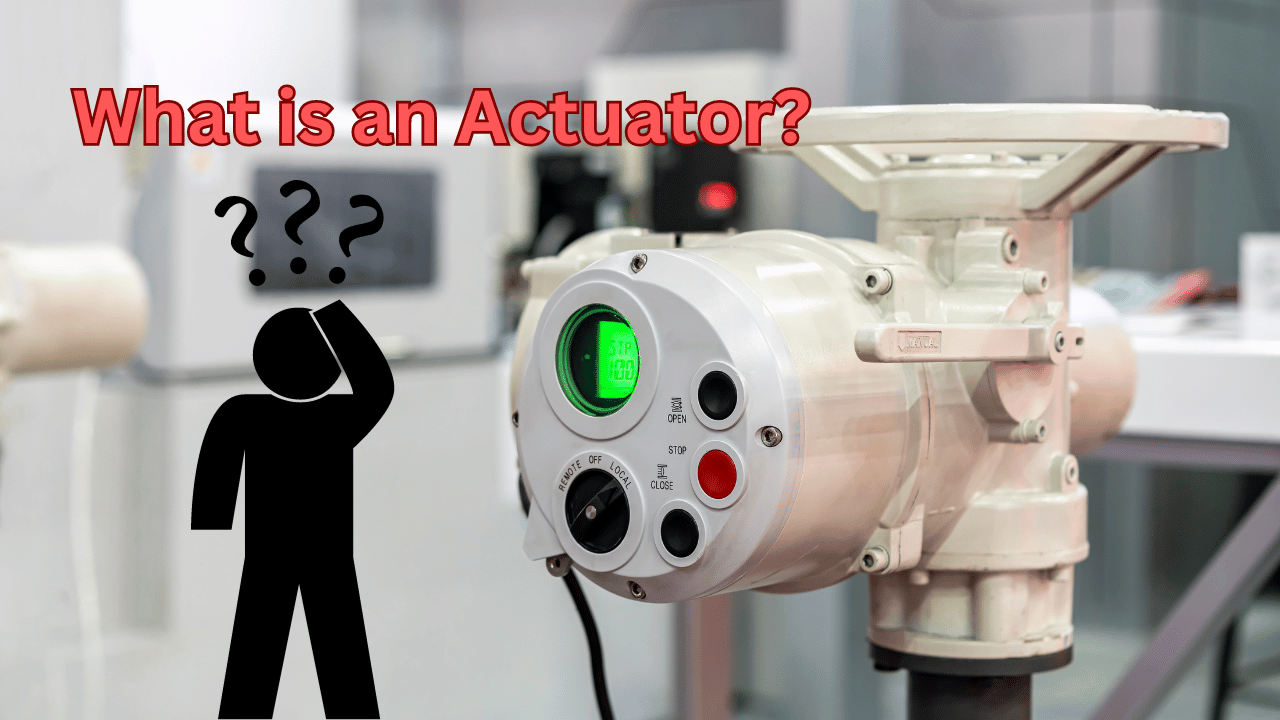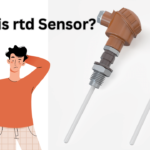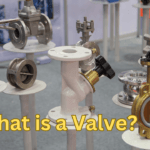What is an Actuator?
In the world of engineering and technology, the term “actuator” may not be as widely recognized as some other terms, but it plays a pivotal role in many aspects of our daily lives. An actuator is a crucial component in various machines and systems, enabling them to perform specific tasks. This article will explore what actuators are, how they work, their types, and their applications in different industries.
Understanding the Basics of Actuators
Actuators are devices responsible for converting energy into mechanical motion. They take an input signal and transform it into a physical action, such as linear or rotary movement. This motion can be used to open or close a valve, move a mechanical arm, or control various other mechanisms.
Types of Actuators
Electric Actuators
Electric actuators are the most common type. They use electricity to produce motion, making them suitable for a wide range of applications. They are known for their precision and efficiency.
Hydraulic Actuators
Hydraulic actuators use pressurized fluid to create motion. They are often used in heavy machinery and systems where high force and power are required.
Pneumatic Actuators
Pneumatic actuators use compressed air to generate motion. They are widely used in automation and robotics due to their quick response time and reliability.
How Do Actuators Work?
Actuators work by taking an input signal, which can be electrical, hydraulic, or pneumatic, and converting it into a mechanical action. For instance, an electric actuator may use a motor to drive a gear mechanism, which then moves a load.
Applications of Actuators
Actuators are integral to various industries, and their applications are diverse.
Actuators in Robotics
In the field of robotics, actuators are used to control the movement of robot arms, legs, and grippers. This allows robots to perform tasks ranging from delicate surgeries to heavy lifting in manufacturing.
Actuators in the Automotive Industry
In vehicles, actuators control functions like opening and closing doors and windows, adjusting mirrors, and even managing engine components. They are essential for the smooth operation of automobiles.
Actuators in Aerospace
Aerospace applications involve intricate and precise movements, making electric and hydraulic actuators vital for controlling aircraft components such as flaps and landing gear.
Actuators in Healthcare
In the healthcare sector, actuators are used in medical devices like MRI machines, ensuring precise patient positioning and image quality.
Actuators in Industrial Automation
In industrial automation, actuators play a key role in controlling manufacturing processes, from conveyor systems to assembly line robots.
The Importance of Actuators in Modern Technology
The role of actuators in modern technology cannot be overstated. They enable automation, enhance efficiency, and make technology more accessible and user-friendly.
Challenges in Actuator Technology
Despite their importance, actuator technology faces challenges such as precision, energy efficiency, and reliability, which researchers are continually addressing.
Future Developments in Actuators
The future of actuators holds exciting possibilities, including innovations in materials, energy efficiency, and miniaturization, which will expand their applications.
Conclusion
Actuators are unsung heroes in the world of technology, quietly making our lives easier and more efficient. They are versatile devices that power everything from our smartphones to spacecraft. Understanding the role of actuators is crucial in appreciating the marvels of modern engineering.
Frequently Asked Questions (FAQs)
Q1. What is the primary function of an actuator?
A1. An actuator’s primary function is to convert an input signal into mechanical motion.
Q2. Are there different types of actuators?
A2. Yes, there are various types of actuators, including electric, hydraulic, and pneumatic actuators.
Q3. Where are actuators commonly used in our daily lives?
A3. Actuators are used in automobiles, medical devices, industrial machinery, and even in the devices we use at home.
Q4. What challenges does actuator technology face today?
A4. Actuator technology faces challenges related to precision, energy efficiency, and reliability.
Q5. What can we expect from the future of actuator technology?
A5. The future of actuator technology promises innovations in materials, energy efficiency, and miniaturization, which will expand their applications.









1 thought on “What is an Actuator?”